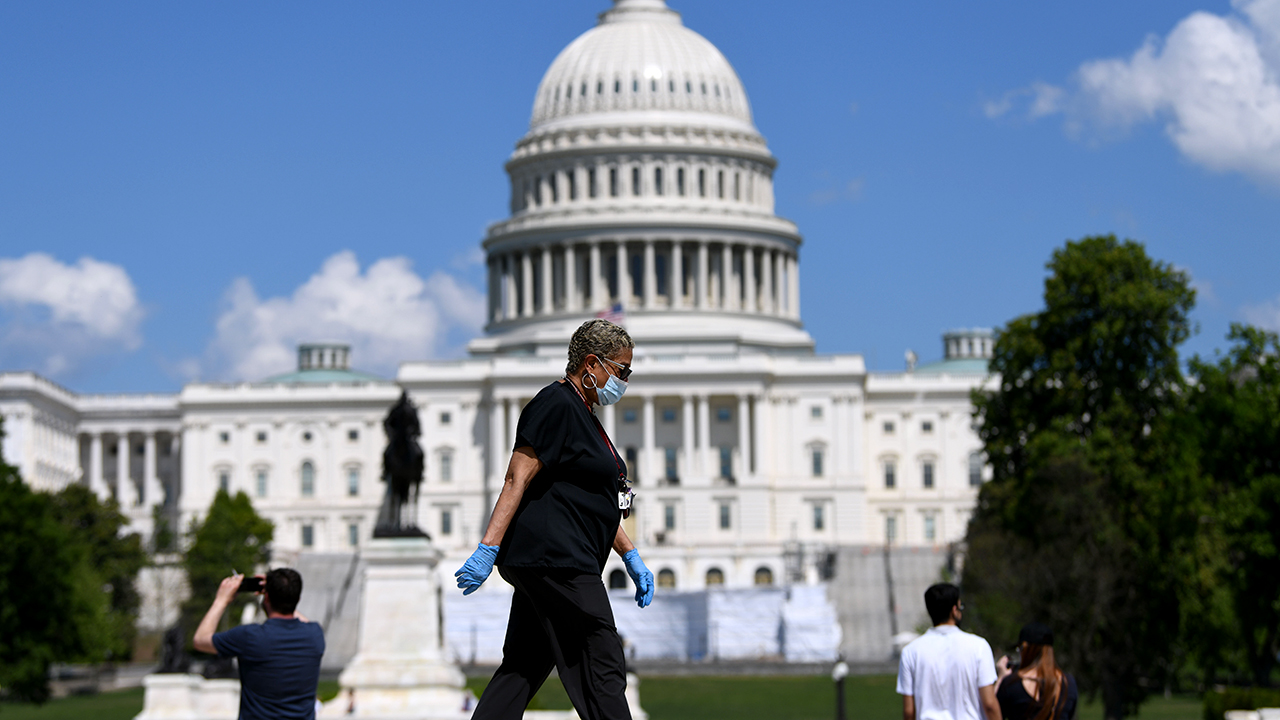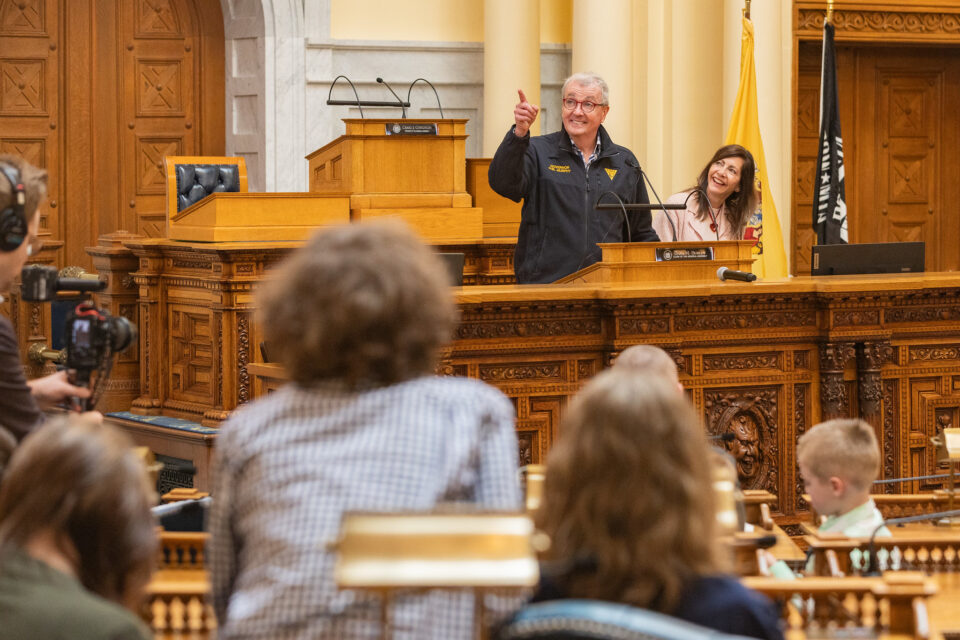
Trenton City Council President Challenges Teacher Pay and Poor Schools
May 9, 2022
We Don’t Trust The State or Local School Boards To Get Sex Education Right. Is This the Answer?
May 10, 2022BOOKER: Support My Proposal To Raise Teacher Salaries, Especially Those Who Work in High-Poverty Schools
Cory Booker was elected to the U.S. Senate in 2013 and is serving his second term. He was Mayor of Newark from 2006-2013.
My family’s life has been shaped by teachers.
Born poor during the Jim Crow era and raised by his grandmother, my father completed grade school with little idea of the prospects ahead of him. Yet, his teachers took notice of his potential and were the ones who encouraged him to apply for higher education. He eventually did and soon became the first person in his family to graduate from college. His degree opened doors for him, but he always understood that those doors would have remained closed were it not for the educators who put their faith in him.
As a young adult, my mother served as a public school teacher in the Washington D.C. school system. During my childhood, she instilled the same values in me that she instilled in her students — values that were also reinforced in me by the incredible teachers I was fortunate to have growing up.
My family’s story isn’t unique. All across America, teachers are an endless source of inspiration for students, sustaining the hopes and dreams of our country’s next generation.
During this past Teacher Appreciation Week, I reflected upon the profound impact that teachers have had on me and our nation’s young people. I thought of the incredible efforts educators undertook over the course of the COVID-19 pandemic, serving children and communities in their care under the most difficult of circumstances. They pivoted to online instruction, worked through potential health risks, and supported vulnerable youth during this challenging time.
The heroic efforts of our educators should not mask the unaddressed issues that have impacted the teaching profession, and which have only been exacerbated by this unprecedented health crisis. For example, even before COVID-19 hit, nearly every state in the nation reported shortages of teachers in subjects, such as math, science, and special education. In high poverty schools, teacher turnover rates are 50 percent higher, which has disproportionately affected the learning outcomes of low-income, Black, and Brown students.
As more demands have been placed on educators during the pandemic, the shortage of teachers our country faces has only grown. It’s been coupled with a stunningly low investment made by our nation in fair compensation that will help retain existing teachers and recruit new ones.
A 2020 study revealed that teachers make nearly 20% less in weekly wages compared to other college graduates, a disparity that is greater in the United States than any other OECD country with available data. Early childhood educators, who help form the foundation of our children’s future success, fare far worse, earning a median hourly rate of $11.65, well below a living wage.
To ensure the well-being of our teachers and the success of our students, we need to make a robust national investment into our educators.
That’s why I am introducing the RAISE Act of 2022, federal legislation that will make changes to our tax code so that teachers can keep more of their hard-earned money each year.
Specifically, the legislation will provide refundable tax credits of up to $15,000 per early childhood educator and K-12 teacher, based on a sliding scale that offers the most credits to teachers working in high-poverty schools, with a minimum of $1,000 in credits guaranteed to all eligible educators.
The bill also doubles the educator tax deduction to $500 to help offset money teachers spend each year on essential school supplies for their classrooms and students, and expands eligibility for this important deduction to early childhood educators.
Research shows that competitive teacher salaries can improve teacher recruitment and retention. Our country’s long-term success depends on us ensuring teacher salaries are raised to close the pay gap and shortage. Despite state and local efforts to act on this critical issue, progress has been stubbornly slow. Federal support is warranted and necessary to turn the tide.
Teaching is a labor of love. Early in the pandemic, countless Americans rose to celebrate this fact and teachers’ selflessness, recognizing their service on the frontlines of our nation’s response to the crisis.
Frustratingly since then, teachers have increasingly become a target of demonization by some on the right for the sake of scoring political points, undermining the professional expertise of educators, limiting the learning opportunities for our youth, and dimming the prospects for our collective future. These divisive attacks only make our nation weaker and hurt our children.
Rather than vilify those responsible for nurturing our greatest natural resource — the genius of our children — we must elevate, celebrate and compensate teachersthem in ways that reflect their value to our society.
Our words will ring hollow if they are not backed with substantive action that raises teacher take-home pay, promotes diversity in the profession, and ensures a high-quality education for all students. Now is the opportune time to recommit our efforts. Now is the opportune time to make an investment into our educators that will pay dividends for years to come.
For the sake of America’s future, it’s an investment that we cannot afford to neglect any longer.
This first appeared in North Jersey Media. Photo is courtesy of NBC.




